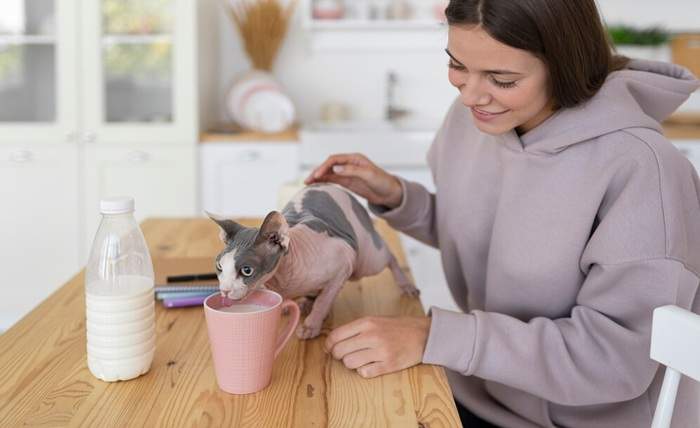
Cats are agile and active creatures, but their joints can become less flexible as they age. Proper nutrition is crucial in supporting their mobility and comfort throughout their lives. Cat owners can make informed choices contributing to long-term vitality by understanding how diet impacts their well-being.
Essential Nutrients for Joint Health
A well-balanced diet rich in specific nutrients can significantly support joint health for cats. Omega-3 fatty acids, commonly found in fish oil, have natural anti-inflammatory properties that help reduce joint stiffness.
Glucosamine and chondroitin are also essential as they aid in maintaining cartilage structure and cushioning joints against wear and tear. Additionally, antioxidants like vitamin E and selenium help combat oxidative stress, which can contribute to joint degradation.
The Importance of a Protein-Rich Diet
High-quality protein is vital for overall muscle and joint strength. Cats are obligate carnivores, meaning their bodies require animal-based proteins to function optimally. Protein supports muscle maintenance, which is essential in keeping the joints stable.
When a cat’s muscles weaken, more pressure is placed on the joints, leading to discomfort and reduced mobility. Providing a diet rich in lean meats, such as chicken, turkey, or fish, ensures that cats receive the amino acids necessary for maintaining strong muscles and joints.
The Role of Hydration in Joint Flexibility
Hydration is often overlooked but is just as crucial for maintaining flexibility and comfort in cats. Proper hydration ensures that joint cartilage remains lubricated, allowing for smooth movement. Cats tend to have a low thirst drive, so incorporating moisture-rich foods like wet cat food or adding water to their meals can be beneficial. Ensuring that fresh water is always available also helps prevent dehydration, which can exacerbate stiffness.
Weight Management for Joint Support
Excess weight can strain a cat’s joints unnecessarily, accelerating wear and tear. Overweight cats are more prone to joint-related issues, including arthritis. A controlled diet with the right protein, healthy fats, and fiber balance can help maintain an ideal weight.
Feeding measured portions and avoiding excessive treats can prevent obesity and reduce the risk of joint discomfort. Encouraging regular, moderate activity also supports healthy weight management and joint flexibility.
Natural Supplements for Joint Care
In addition to a well-rounded diet, natural supplements can support feline joint health. Ingredients like turmeric, green-lipped mussel, and medicinal mushrooms contain anti-inflammatory properties that promote joint function.
These supplements can be incorporated into a cat’s diet through specialized formulations to enhance mobility and comfort. Ensuring that these supplements come from high-quality sources can significantly affect their effectiveness.
Choosing the Right Diet for Long-Term Mobility
Selecting the right food for a cat’s specific needs can make all the difference in preserving joint health. Diets formulated for mobility support often contain enhanced levels of omega-3s, glucosamine, and antioxidants.
When choosing a diet, it’s important to check for natural, wholesome ingredients that provide balanced nutrition without artificial additives. A well-rounded diet tailored to joint support can help cats stay active and comfortable well into their senior years.
Nutrition is a fundamental factor in cats’ maintaining strong and healthy joints. Joint health for cats can be supported by ensuring a diet rich in essential nutrients, high-quality protein, and adequate hydration. Cat owners can contribute to their pet’s long-term well-being by keeping their weight in check and considering natural supplements. This further enhances their mobility, helping them stay agile and playful for years. A proactive approach to nutrition can make all the difference in a cat’s quality of life, allowing them to enjoy their daily activities easily.




